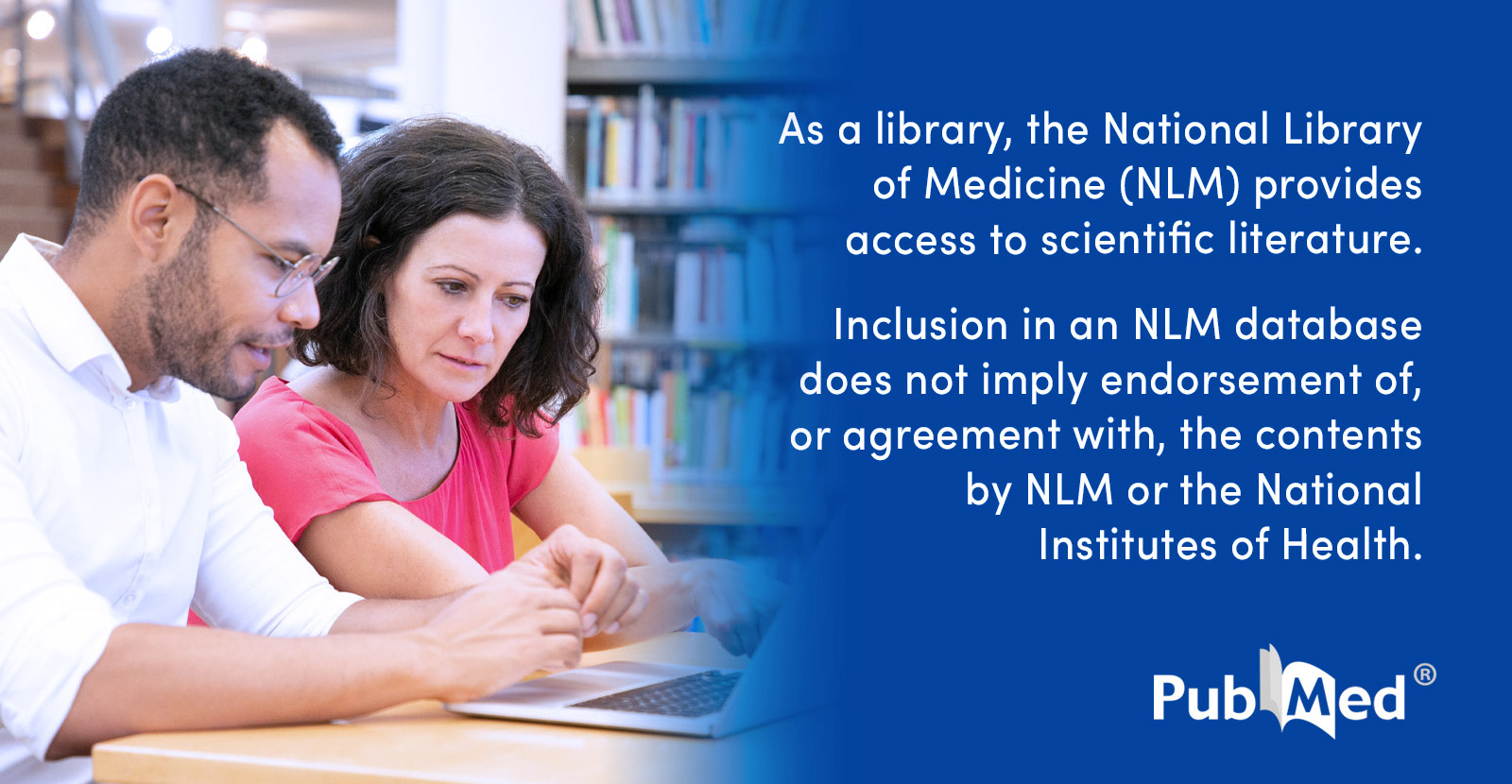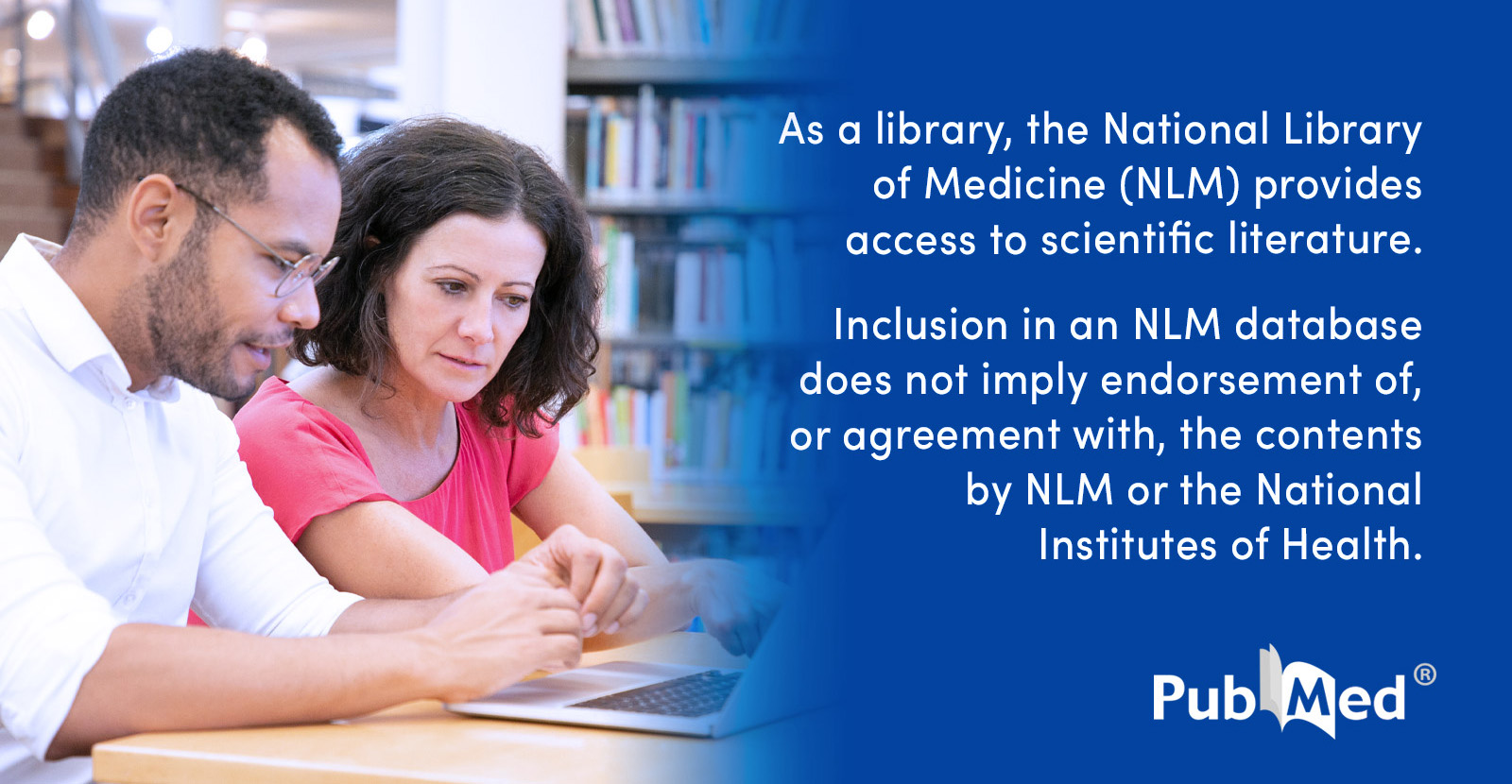Unmasking neurobiological commonalities between addictive disorders and impulse control disorders in Parkinson’s disease.
Autor: Ramdave, Swathi; Dawson, Andrew; Carter, Adrian; Dissanayaka, Nadeeka N. W.
Publication year: 2020
Brain imaging and behavior
issn:1931-7565 1931-7557
doi: 10.1007/s11682-019-00041-7
Abstract:
Changes in reward circuitry have been studied extensively in substance and behavioural addictions. However, comparatively little is known about the neurobiology underlying impulse control disorders (ICDs) in Parkinson’s disease, which show roughly similar risk factors and behavioural presentations to both stimulant and behavioural addictions. ICDs occur in a subset of susceptible patients with Parkinson’s disease (PD) following intake of dopamine replacement therapy (DRT). These behavioural disorders often have debilitating effects on a patient’s quality of life and increase caregiver burden. This comprehensive review examined findings of 40 neuroimaging studies of ICDs in PD to determine (a) whether there are putative neurobiological commonalities between traditional substance and behavioural addictions and DRT-induced ICD in PD and (b) opportunities for future studies to advance current neurobiological understanding of the phenomenon. Results revealed that strikingly similar (a) deficits in dopaminergic receptor expression, (b) connectivity changes in corticostriatal circuitry and (c) neural responses to cue exposure are observed in both ICDs in PD and addictive disorders. These findings point to the value of adopting a transdiagnostic approach when studying addicted populations and pave the way for demystifying this peculiar, often-devastating phenomenon in PD that has so far proven extremely difficult to treat and predict with any precision.
Language: eng
Rights:
Pmid: 30707344
Tags: Humans; Parkinson’s disease; Quality of Life; Magnetic Resonance Imaging; Dopamine; Neuroimaging; *Disruptive, Impulse Control, and Conduct Disorders/diagnostic imaging/etiology; *Parkinson Disease/complications/diagnostic imaging/drug therapy; Addiction; Impulse control disorders; Neurobiology
Link: https://pubmed.ncbi.nlm.nih.gov/30707344/








